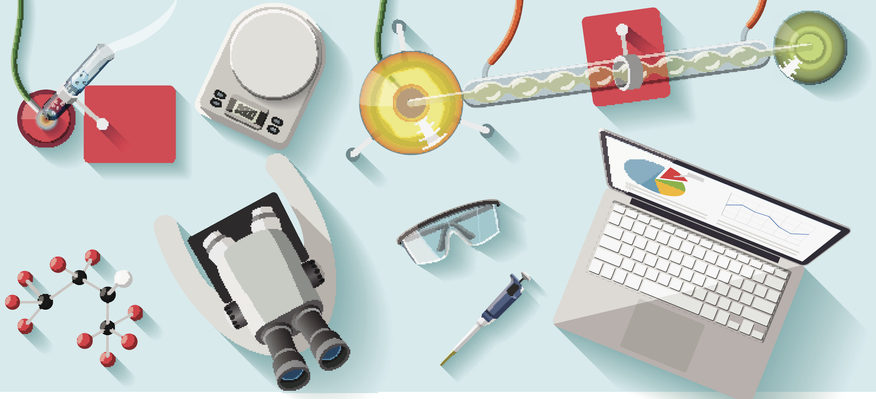Maintaining consumer trust is key in continued supplement sales success—and lab testing is critical to this mission. “Since the dawn of allopathic medicine, our industry has been sidelined as ‘alternative,’ or ‘witchcraft,’ and in years past as ‘snake oil.’ We are at war with the false narrative that it is unregulated, untested, and unsafe,” maintains Elan Sudberg, CEO, Alkemist Labs. “Smart brands have the power of effectively communicated quality, which can help shift that false narrative and regain consumer trust in our industry. With so many current events undermining people’s trust in, well, everything, full test result transparency makes an incredibly powerful statement.”
Sandra Lee, CEO, NJ Labs, adds, “In 2024, regulatory bodies and lawmakers will continue to grow their presence as they continue to pursue closing that gap between non-compliance and compliance. As many brands rush to bring their products to market, not testing them to their full potential is one of the biggest temptations a company may face. But if these brands take the time to understand the basics of testing and the science behind it, they will realize that testing can become a competitive advantage and could help a company avoid being put into a disadvantageous situation reported on the nightly news. The real benefits that brands can get from proper lab testing includes quality assurance, consumer trust, international market access, regulatory compliance preparedness, risk management, and overall product and industry credibility.”
Brands looking to level up their testing and transparency should start by asking labs if they are FDA registered and inspected and CGMP certified. Lee says the USP Dietary Supplement Verification Program is in full effect. “More brands are inquiring about USP Compendial testing to enhance a manufacturer’s competitive position, brand recognition, and commitment to produce quality products for consumers. This program will shed light and bring awareness to the different levels of sensitivity, accuracy, and precision in methods.”
Identity testing is poised to take center stage in 2024, says John Travis, Principal Technical Manager, Health Sciences, NSF. “Good manufacturing practices require that a manufacturer establish specifications for components used in the manufacture of a dietary supplement, one of which is the identity of that component (21 CFR 111.70(b)(1)). The specification should have a criteria against which an ingredient is evaluated with testing. The test should be appropriate for confirming the identity of the ingredient. It should correctly indicate that an ingredient meets the identity specification. Additionally, it should indicate if the ingredient does not meet specifications. FDA warning letters indicate this may be a focus of future GMP inspections of supplement manufacturers.”
Michael Harvey, Manager, Chemistry Laboratory, NSF, adds that consumers increasingly seek products certified to be free of PFAS or other harmful chemicals. “Testing of consumer products is ever evolving with the advent or realization of harmful chemicals that can work their way into our everyday lives. ‘Forever chemicals’ such as PFAS and pesticides should be verified and tested to ensure the safety of consumers.” WF










